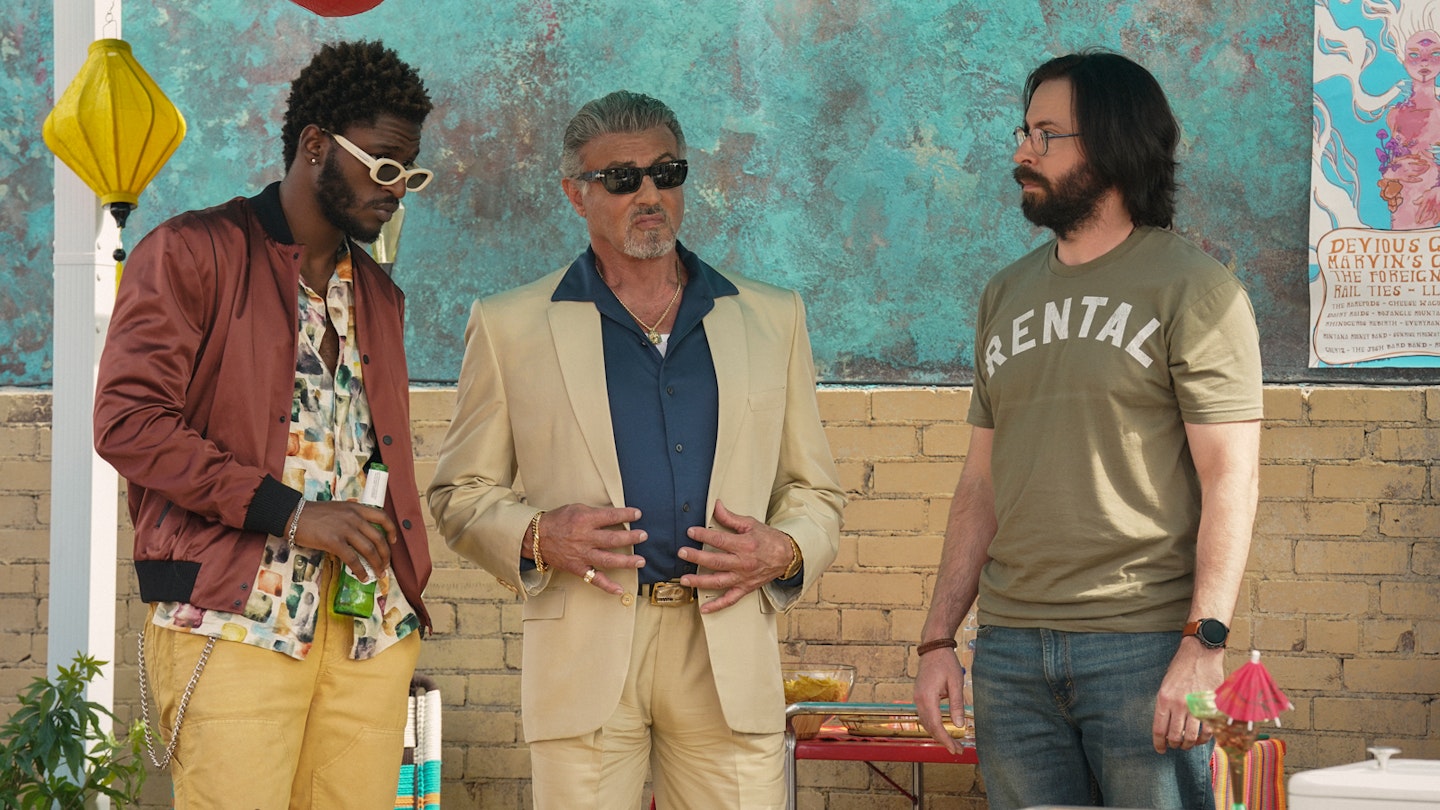Streaming on: Paramount+
Episodes viewed: 2
Terence Winter is a showrunner synonymous with mafia violence, but it wasn’t meant to be this way. When the creator of Prohibition-era drama Boardwalk Empire (also renowned for his work on The Sopranos) arrived in Hollywood in the Nineties, it was sitcoms he longed to write: gags instead of gabagool, Niles and Frasier instead of knives and felonies. Three decades later, he’s finally gotten around to what he’s billing as his first comedy series. Tulsa King stars Sylvester Stallone as an ageing mobster who finds himself rebuilding his life (and criminal empire) in dusty Oklahoma after completing a 25-year stint in prison. That may not sound like a laugh riot, but then again, neither did HBO cult hit Barry, which Tulsa King emulates in its unusual combination of laughter and lurid behaviour.

Co-created with Yellowstone’s Taylor Sheridan, who wrote the pilot script in a weekend before handing the show off to Winter, Tulsa King wastes no time inviting you into the world of Stallone’s Dwight Manfredi, who simmers with dissatisfaction at the news that there’s no kingdom left to conquer in the New York criminal underworld he left behind. Instead, he’s commanded by his capo to relocate to Tulsa, where he quickly begins to throw his weight around. One scene in a weed dispensary sets the tone, delivering Breaking Bad-esque brutality and barminess; not least because Stallone, in his first television role as a leading man, brings shades of the monosyllabic Mike Ehrmantraut to his no-nonsense gangster.
The show’s opening two episodes tease a twisty cops-and-robbers plot in which new romances and old acquaintances threaten to get in the way of Dwight’s burgeoning empire. But Tulsa King is a show that’s at its most fascinating (not to mention funniest) in its quiet moments. Stallone freaking out as he’s attacked by a grasshopper. Stallone looking exasperated as he tries to order an Uber. Stallone looking delighted as he enjoys an ice cream cone (Dwight’s first in a quarter of a century; they only served tiramisu in the clink, he explains). These are the scenes in which Winter’s writing comes emphatically, hilariously into its own.
